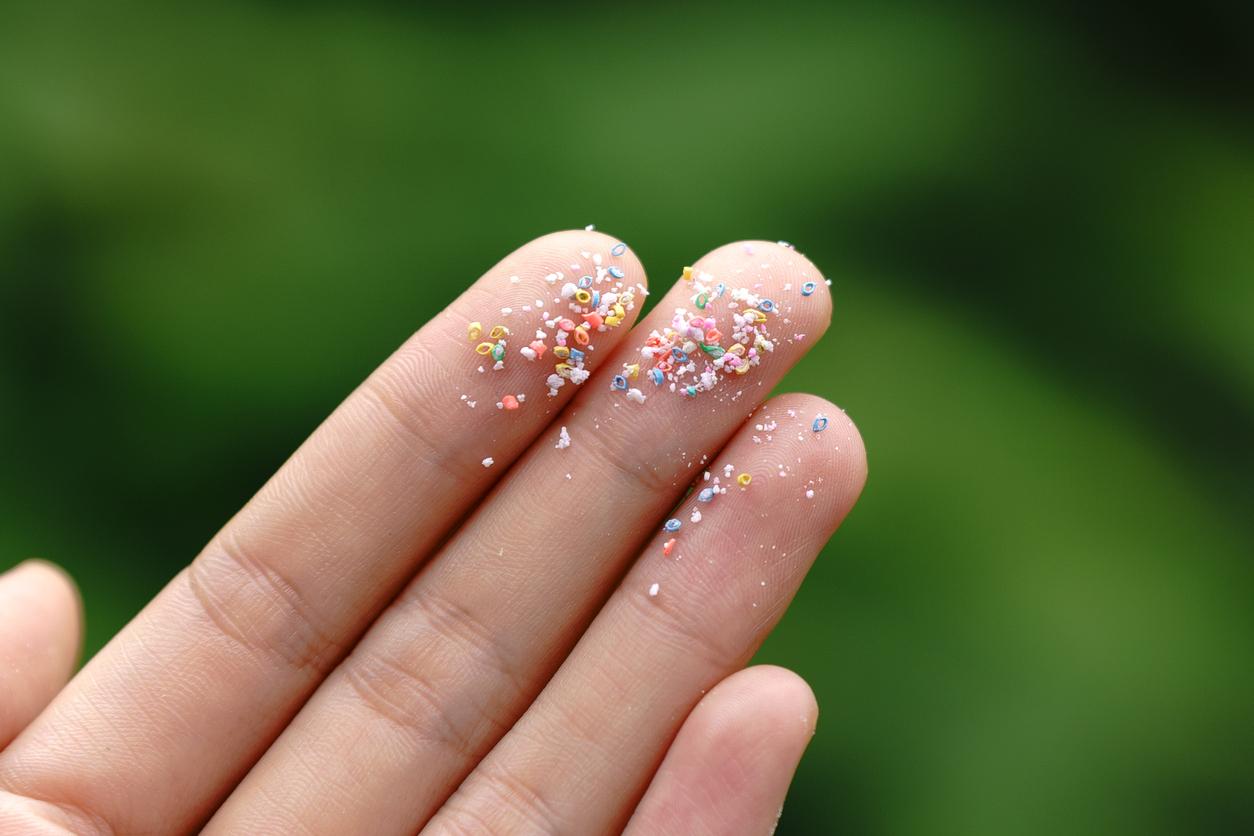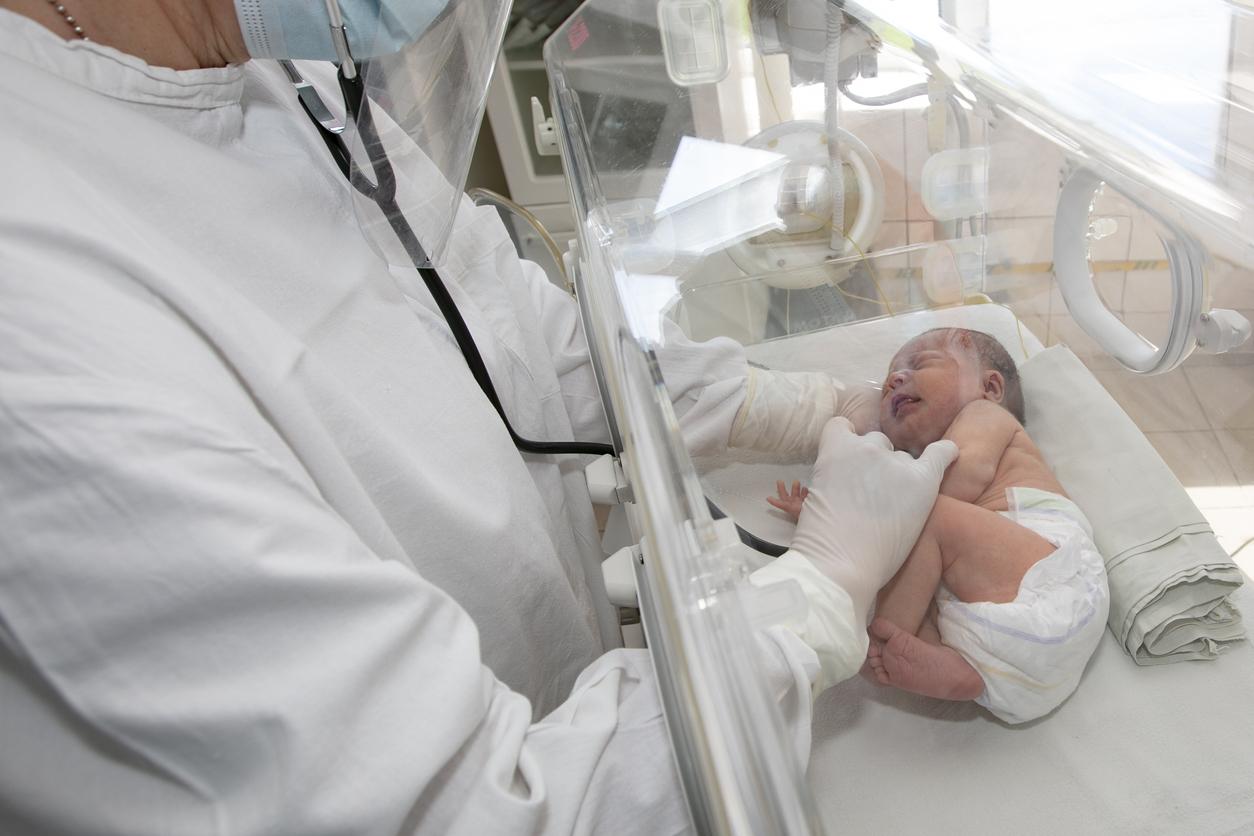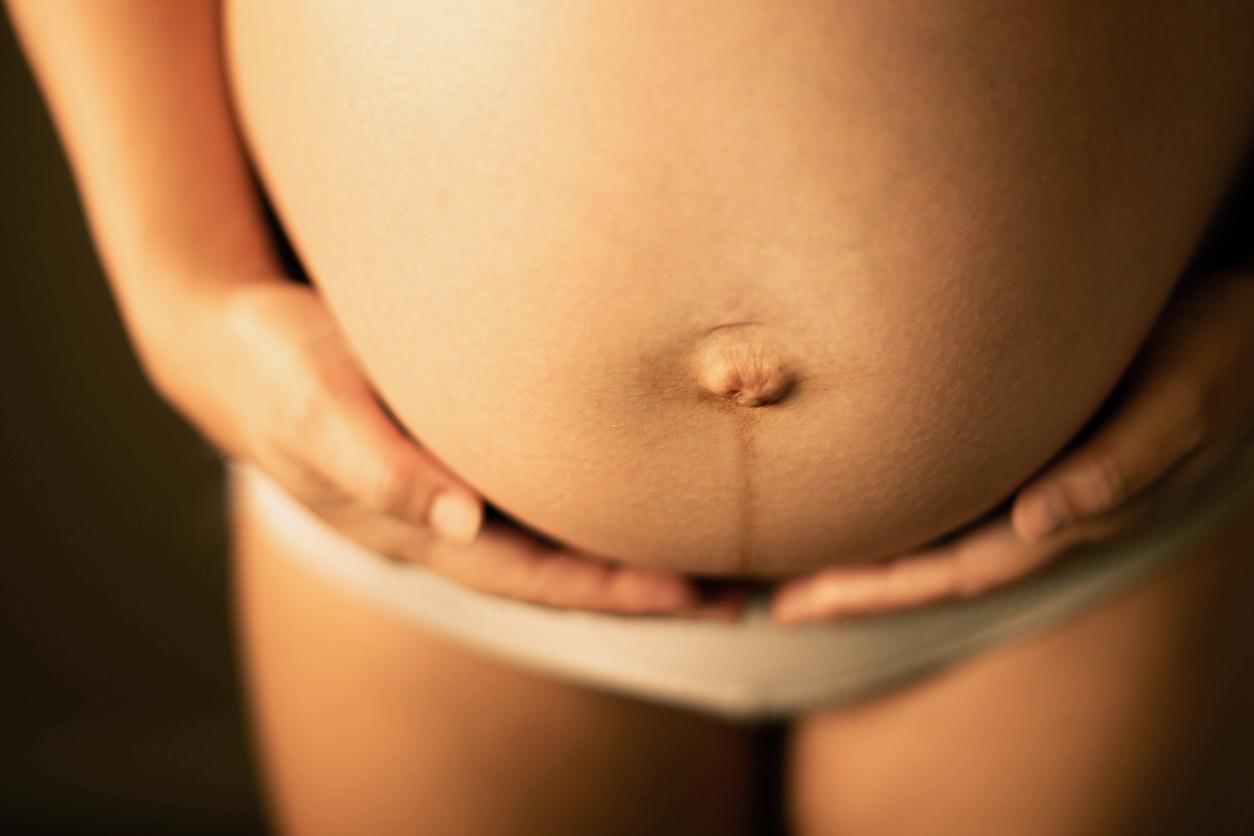The European Medicines Agency (EMA) recently published draft recommendations to regulate the use of phthalates as excipients in medicines. But while awaiting the replacement of the phthalates contained in these pharmaceutical specialties, and as a precautionary measure, the National Medicines Safety Agency (ANSM) recommends that health professionals limit the dose and the duration of treatment of the medicines concerned and to do not recommend its use in children and pregnant or breastfeeding women.
3 phthalates toxic to humans
By further investigating, the ANSM identified the presence of phthalates in around 150 drugs. “These compounds are particularly used for coating tablets and in particular for tablets whose active principle must be released gradually” explains the ANSM.
Among these phthalates, three could be potentially toxic to humans: dibutyl phthalate (DBP), diethyl phthalate (DEP) and polyvinyl acetate phthalate (PVAP).
But it is above all DBP that the ANSM has discovered, in quantities greater than those recommended by the European Medicines Agency, in four drugs:
Acadione (in the form of sugar-coated tablets): a treatment for rheumatoid arthritis
The Atrican (in the form of gastro-resistant soft capsule): an anti-parasitic that was in gynecology. but which is in stoppage of marketing.
Prokinyl (as capsules): a medicine for nausea and vomiting.
Rowasa (as tablets): a treatment for ulcerative colitis.
The ANSM therefore asked the laboratories holding marketing authorizations for these 5 pharmaceutical specialties to reformulate them in order to make available, within 18 months, pharmaceutical forms devoid of DBP.
In addition, the leaflets for these medicinal products are being amended to inform healthcare professionals and patients treated of the presence of phthalates among the excipients. The ANSM also recommends that people taking one of these 4 drugs to take advice from their doctor in order to limit their exposure to the potential effects of DBP.
















